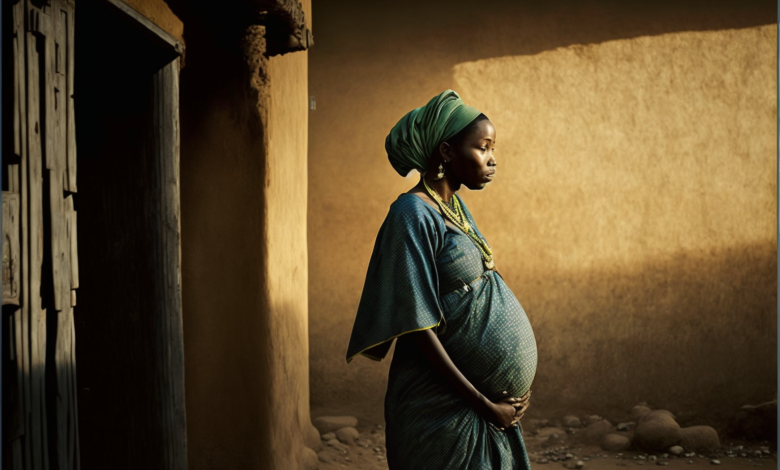Prof. Lanre Adeyemo, the Chief Medical Director of Lagos University Teaching Hospital, reveals that three out of every Nigerian pregnant woman suffer from anaemia, a medical term for blood shortage.
Anaemia in pregnancy increases the risk of maternal and neonatal mortality.
Speaking on Thursday in Lagos at the IVON clinical trial, Adeyemo said anaemia in pregnant women increases the risk of maternal and neonatal mortality.
“In Nigeria, about three in five pregnant women have anaemia, mainly caused by iron deficiency, associated with increased risk of maternal and perinatal morbidity and mortality.”
He highlights the IVON clinical trial as a significant milestone in global efforts to reduce maternal and child morbidity and mortality, expecting it to change clinical obstetrics practice in Nigeria and other developing nations.
Adeyemo believes this “will ultimately improve maternal and child health outcomes, contributing to medical industrialization.”
Adeyemo emphasized the ongoing efforts by the Federal Ministry of Health and Social Welfare to improve governance and leadership in hospitals, enhance regulatory capacity, promote medical industrialization, and invest in public health, aligning with President Bola Ahmed Tinubu’s vision.
“Seventy per cent of the nation’s pharmaceuticals, including drugs used in IVON trial are imported from countries that are just like Nigeria while Nigeria does not even produce its vaccines. This narrative needs to change,” he added.
Prof. Bosede Afolabi, the Director for Center Clinical Trials, discussed the recent research findings, stating that intravenous iron is better than oral iron for treating anaemia in pregnant women.
Afolabi also mentioned that intravenous iron is safe and effective in reducing iron deficiency anaemia.
She revealed ongoing efforts to publish the trial’s findings in a reputable journal and emphasizes the need to disseminate the information once published.

